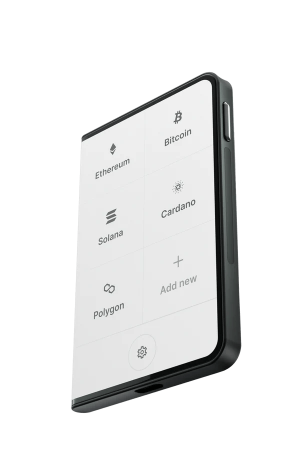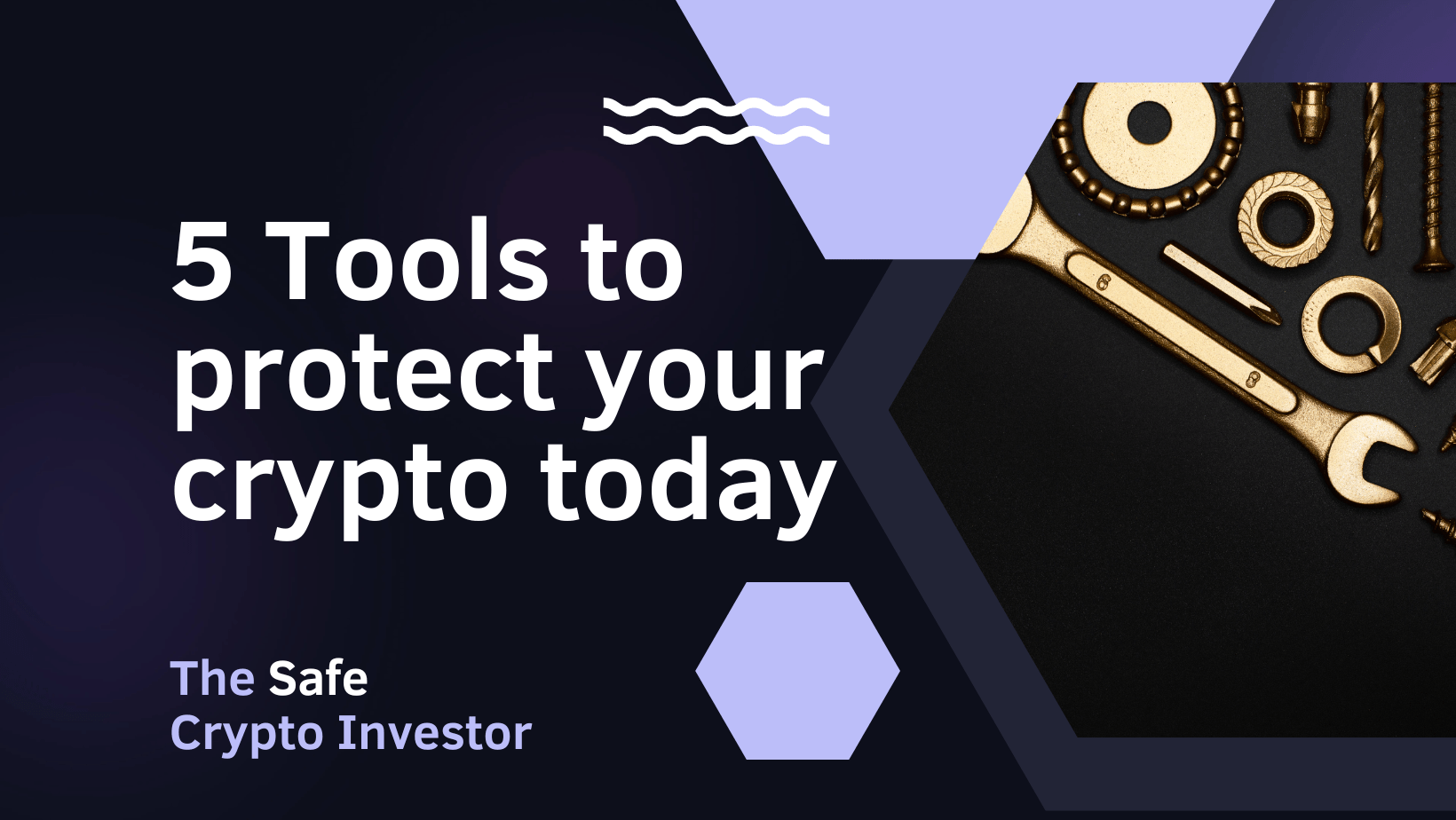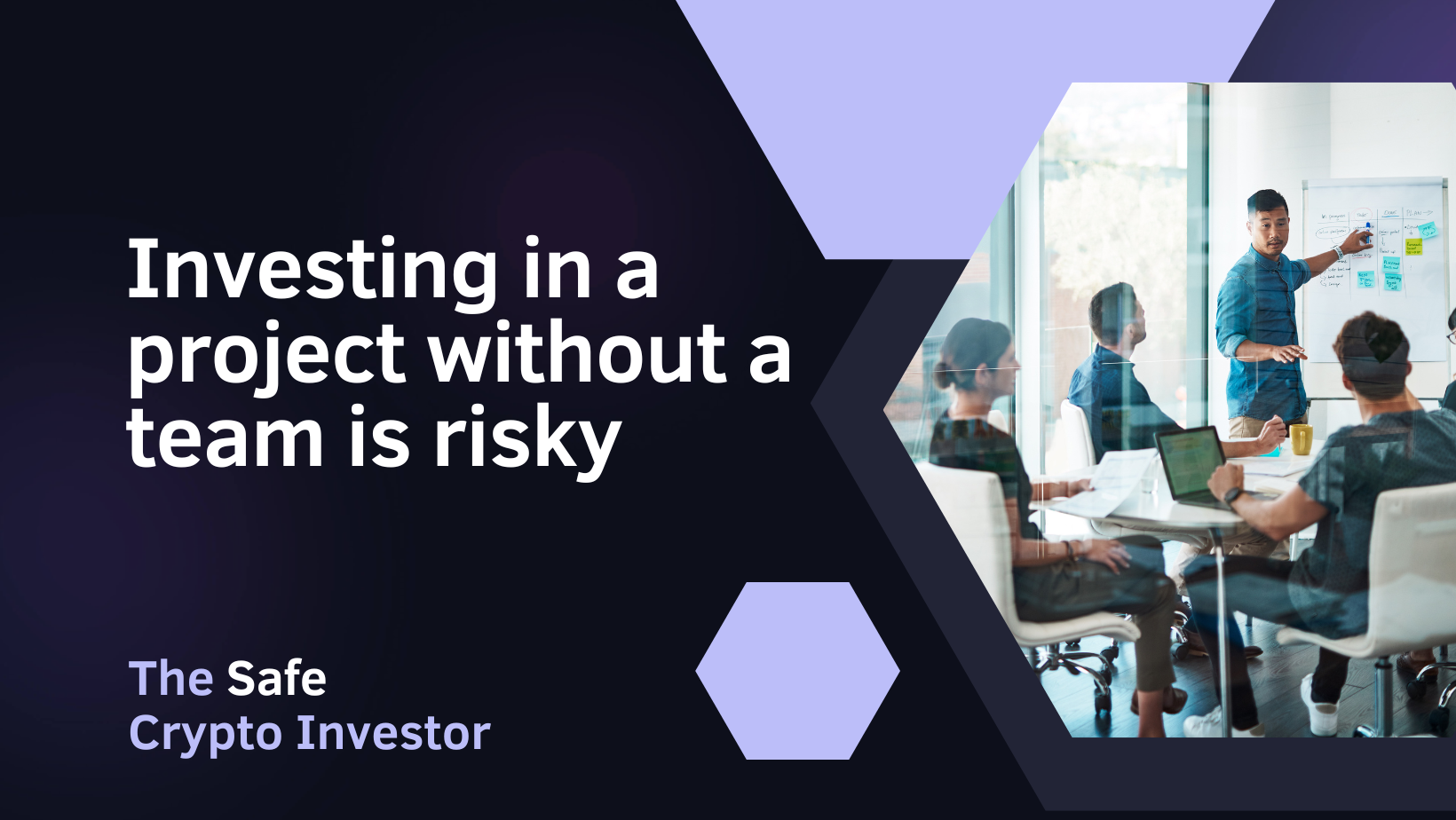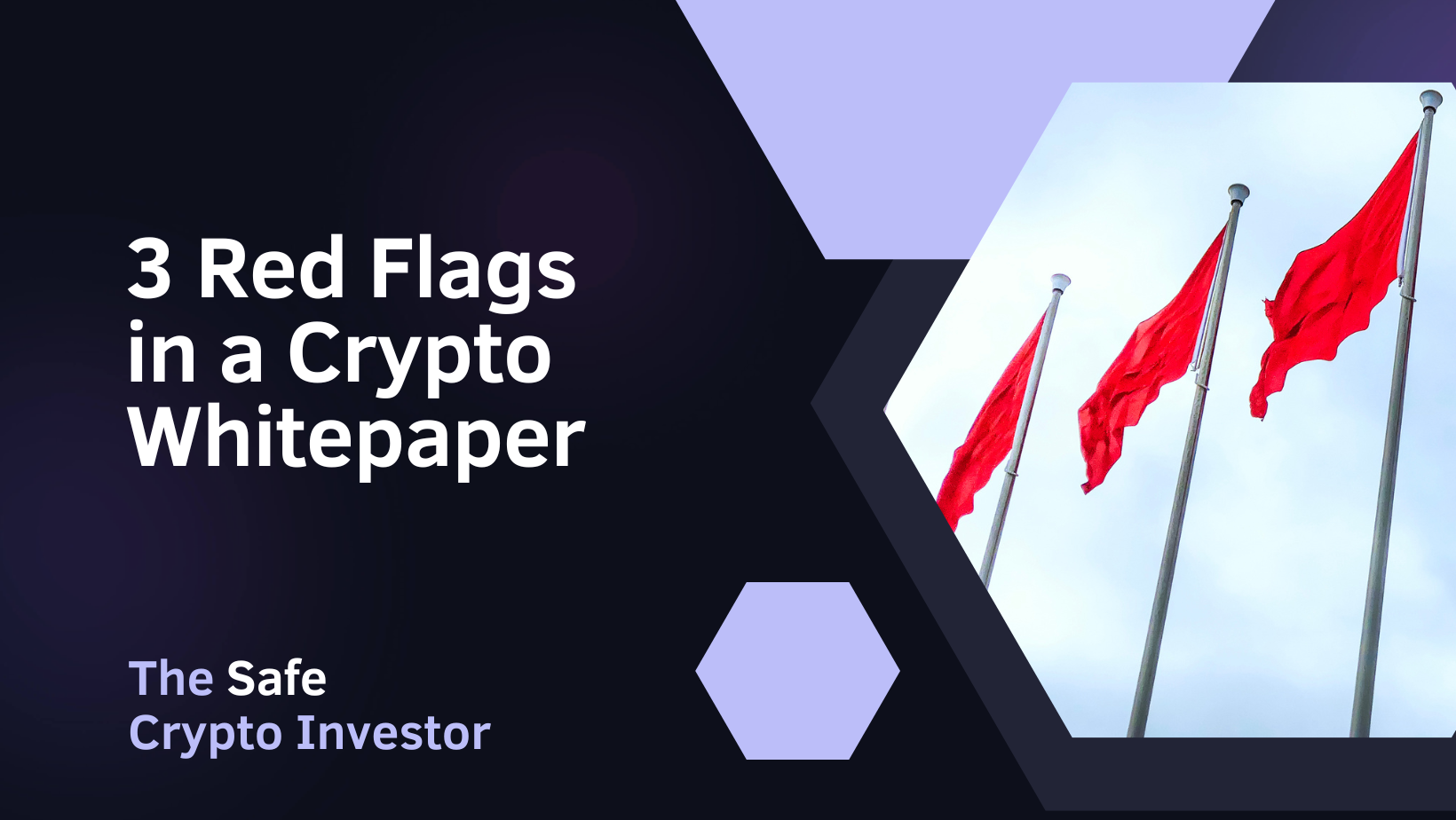5 Tools to protect your crypto today
To protect your crypto, you will need a handful of tools.
My name is Daniel Donselaar. I first started investing in crypto in December 2017. Crypto is a rollercoaster, and I’ve seen a lot of people get hacked, lose money, and FOMO’ed in some random altcoin and go broke.
Today I want to protect you from doing stupid stuff in crypto with a list of tools. There is always a chance to lose money with crypto, but these tools will give you an advantage and provide a step in the right direction.
1. Creditable Crypto Exchange
A crypto exchange is an entry for buying your crypto. If you deposit money on a shady exchange, chances are high that you can’t remove your money and crypto.
A creditable crypto exchange should be good at the following:
- Regulation – Exchanges that are subjected to your government’s laws will be more trustworthy. You can expect that they handle you as a customer correctly and in line with your country’s rules. Some governments guarantee that your money will be paid back if the exchange goes bankrupt.
- Reputation – Look at Twitter, Discord, and Reddit to see if an exchange has a good reputation. What are the reviews on Google?
- Security – Be sure to find an exchange with robust security protocols, like keeping crypto assets in cold storage, implementing two-factor authentication, and using SSL encryption.
- Liquidity – Consider using an exchange with a high trading volume; this will guarantee a straightforward process of purchasing and selling your assets.
My recommended exchanges:
2. Ledger wallet
A ledger is a wonderful device that stores your private keys offline. The private keys are used to access your crypto wallet. The ledger is not connected to the internet so it is much more difficult for hackers to access your crypto wallet. In the crypto world this is considered the safest way to store your crypto.
I purchased my ledger at their official store. I won’t consider buying it at a retailer because it can be tempered. You are not 100% sure what they have done with your device.

3. Two-factor authentication
This one is not a tool but a must-have feature to protect your crypto. Two-factor authentication (2FA) is an extra layer of security that can help protect your crypto. On top of your password, you use a second authentication method to confirm your identity; this protects your crypto in several ways:
- Protection against Phishing: 2FA can protect you against phishing attempts, which are attempts by hackers to trick you into entering your personal information or private keys into a fake website. With 2FA, hackers would also need access to your phone or email to access your account.
- Protection against SIM swapping: 2FA can also protect you against SIM swapping, a type of fraud where a hacker takes control of your phone number and uses it to reset your account passwords. With 2FA, the hacker would need access to your device and phone number to access your account.
- Prevention of account takeover: 2FA can prevent hackers from taking over your account by requiring them to possess your device or phone number.
It’s important to note that while 2FA can provide an additional layer of security, it’s not foolproof, and it’s still important to use a strong password and be cautious of phishing attempts.
4. Anti-virus and software updates
Another way to protect crypto is to keep your computer clean and up-to-date. It seems like a no-brainer to use an anti-virus program, but many people neglect it. They don’t do regular full system scans or update their computer because it takes too much time.
Bear in mind that there are a lot of people that want to get access to your private computer. A lot of highly skilled traders and people with a lot of assets use a super-clean machine. Like a fresh Virtual Machine or a dedicated laptop only for trading/managing crypto.
Key points:
- Always be up-to-date with the software on your computer and phone.
- Have a virus scanner on Windows, Mac OSX, or Linux.
- Windows: Windows Defender
- Mac OSX: Bitdefender
- Linux: Comodo
- If you manage a lot of assets, consider to purchasing a dedicated laptop only for crypto trading
5. Surfing safely
To keep your crypto safe, you must protect yourself while surfing the internet. Your goal is to keep your inbox clean (from phishing emails and scammers) and your browser safe (from ransomware or other viruses).
You can protect your email by using a good spam filter; every email provider has one.
But also consider using a separate email for all your crypto-related stuff. You can even use a tool like Firefox Relay or ProtonMail that masks your email with an alias. When a crypto exchange gets hacked, the hackers won’t have your email but an email alias.
My recommended email provider:
Surfing the Internet
A great way to keep your browser safe is to install an ad-blocker. This will block all the ads: especially ads that deliver malware.
Ad-blockers can also help protect you against phishing attempts, as they can block links to phishing websites that can be delivered through ads.
It’s important to note that ad-blockers can help protect you against unwanted ads and malware. However, it’s still important to be cautious of phishing attempts and not to click on links in emails or messages from unknown sources.
My recommended ad-blocker:
6. VPN
Another great way to protect crypto is by VPN (Virtual Private Network). A VPN can help protect crypto transactions by encrypting your internet connection and hiding your IP address. This makes it more difficult for hackers to intercept your information or track your online activity.
A VPN can also allow you to access crypto exchanges and other online services that may be blocked in your geographic location.
Two VPNs I recommend are:
Oke, this was the list of these five tools. Using these tools can help protect you against losing a lot money. But they are not foolproof.
You need to be cautious when using crypto. Don’t click on every link and think two times before doing something online. If you don’t trust something, remove the email or file, or search for another webpage.
You are better safe than sorry.
Best of luck.
Daniel Donselaar



